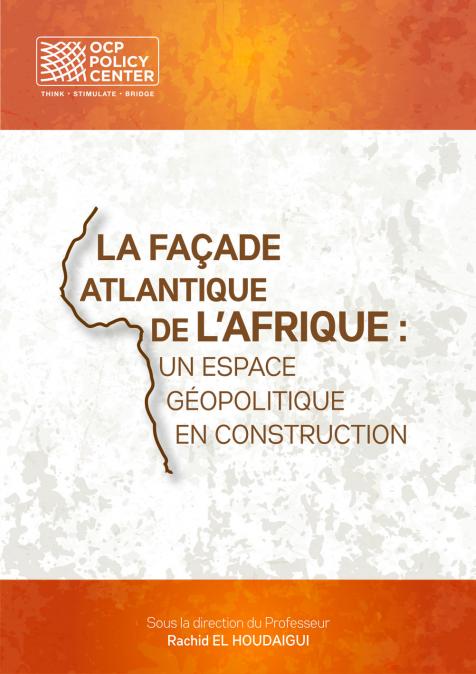Speakers

Karim El Aynaoui
Executive President
Karim El Aynaoui is Executive President of the Policy Center for the New South. He is also Executive Vice-President of Mohammed VI Polytechnic University and Dean of its Humanities, Economics and Social Sciences Cluster.
Karim El Aynaoui is an economist. From 2005 to 2012, he worked at the Central Bank of Morocco where he held the position of Director of Economics, Statistics, and International Relations. At the Central Bank of Morocco, he was in charge of the Research Department and equally a member of the Governor’s Cabinet. Previously, he worked for eight years at the World Bank as an Economist for its regional units of the Middle East and North Africa and Africa.
Karim El Aynaoui has published books and journal articles on macroeconomic issues in developing countr ...



Gilles Kepel
Scientific Director, Middle East Mediterranean Freethinking Platform, Università della Svizzera italiana, Lugano
...


Giovanni Romani
Head, Middle East and North Africa Section, Political Affairs and Security Policy Division, NATO HQ, Brussels (Virtual)
...


Youness Abouyoub
Director, Governance and State-Building Division for the MENA Region, United Nations; Former Senior Political Advisor to the Special Representative of the UN Secretary General to Libya
Former head of the political office of the UN Under-Secretary General for Conflict Prevention and senior political advisor to the UN Secretary General Special Envoy to Burundi. He directed the political office of the UN Secretary General Special Envoy to Yemen and acted as his senior special advisor. He also was the senior political officer in charge of the regional affairs in the UN political mission to Libya (UNSMIL) and head of office of the special representative of the UN Secretary General in Libya. He also served as Senior Regional Expert in the UN Security Council Panel of Experts on Sudan (Darfur) and worked for the United Nations Department of Political Affairs (New York) and the United Nations Environment Program in Nairobi. Mr. Youness Abouyoub holds a PhD in politi ...




Robert Watkins
...

Brahim Oumansour
Associate Fellow, Center for Studies and Research on the Arab and Mediterranean World, Geneva; and Associate Research Fellow, Institute for International and Strategic Affairs, Paris
...


Mohammed Loulichki
Senior Fellow
Mohammed Loulichki is a Senior Fellow at the Policy Center for the New South and an Affiliate Professor at Mohammed VI Polytechnic University. He brings over 40 years of comprehensive experience in diplomacy, conflict resolution, and human rights. He has served in various roles including as a member and Deputy Head of the Moroccan delegation to the 3rd Conference on the Law of the Sea (1982-1990), Head of the Department of Legal Affairs and Treaties at the Ministry of Foreign Affairs (1988-1991), and General Director for Multilateral Affairs in the same ministry (2003-2006).
He also acted as Morocco's Ambassador to Hungary, Bosnia-Herzegovina, and Croatia (1995-1999), and was the Moroccan Government's Ambassador Coordinator with MINURSO (1999-2001). Furthermore, he served ...









